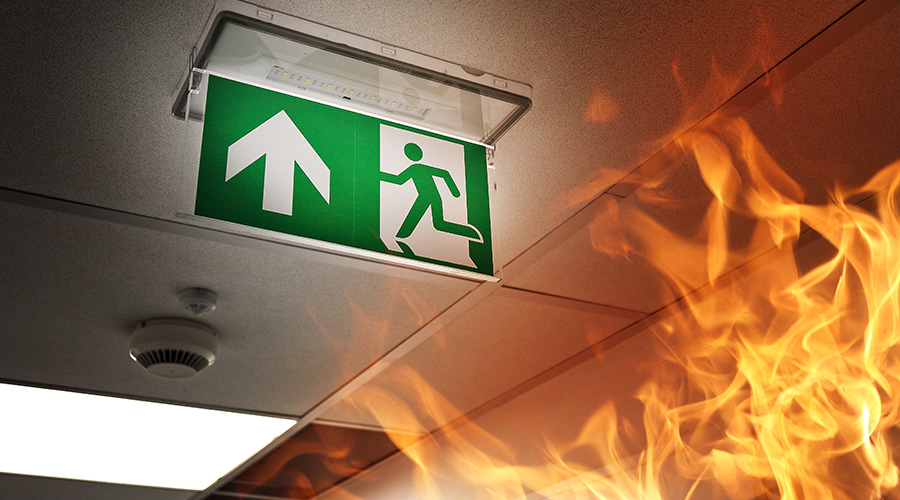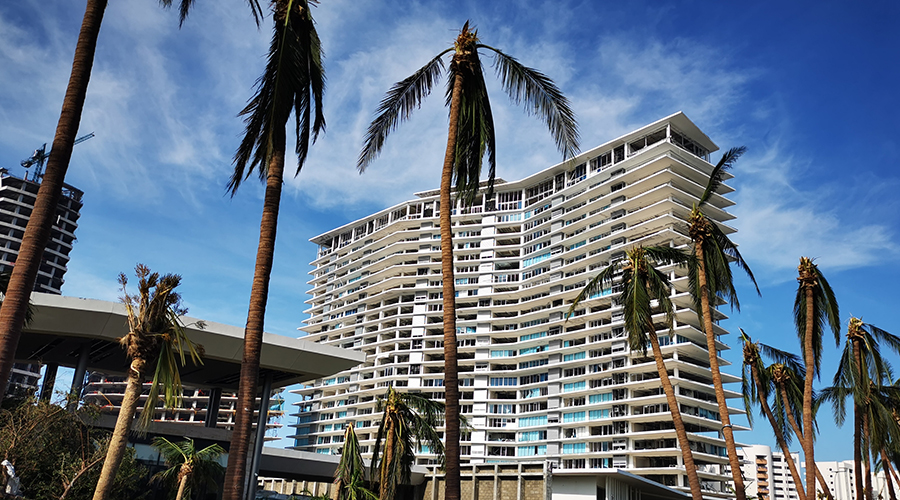Proactive Emergency Planning Avoids Managers Getting Burned
What's your biggest headache? Unfortunately, for most maintenance and engineering managers, that question might generate a litany of responses that changes daily — or hourly, for that matter.
Managers, technicians and facilities staff should take pride in their ability to quell the never-ending fires that arise in commercial and institutional facilities, but do the daily "disasters" prevent departments from planning for future emergency events?
Facility professionals have no choice but to focus their efforts on smooth operations from one day to the next, but maintaining a big-picture outlook on potential facility disruptions — big, small, or somewhere in between — is a priority managers should not take lightly.
In talking with facilities experts for this month's Roundtable feature on emergency preparedness, I was surprised to hear many managers still take a reactive approach to emergency planning.
"Distractions will put things on hold for us," one manager tells me. "(We are) dealing with the disasters of today. But managers should make sure they don't put (emergency preparedness) on the back burner for too long."
Cost, lack of staff, and a constant focus on day-to-day operations and maintenance are a few reasons why long-range emergency planning is not top of mind for many managers. But if managers focus only on the short-term fires, they could get burned in the long run.
"You could go with the thought process of, 'It will never happen to me,'" the manager added. "But when it does, that's too late. You always want to have a plan in place."
Chris Matt offers insights gleaned from conversations with managers who make key maintenance and engineering decisions in commercial and institutional facilities.
Related Topics:












